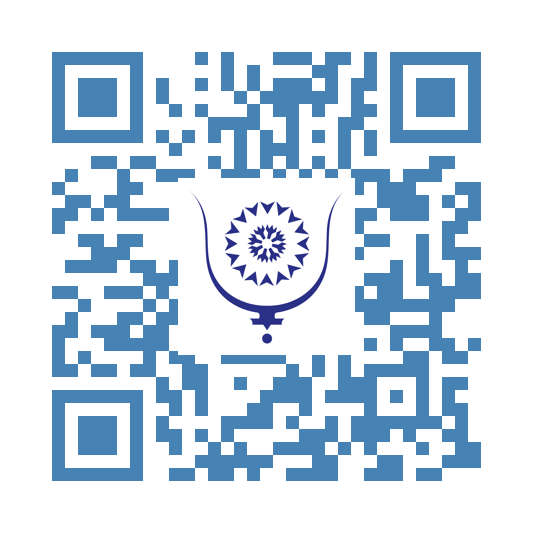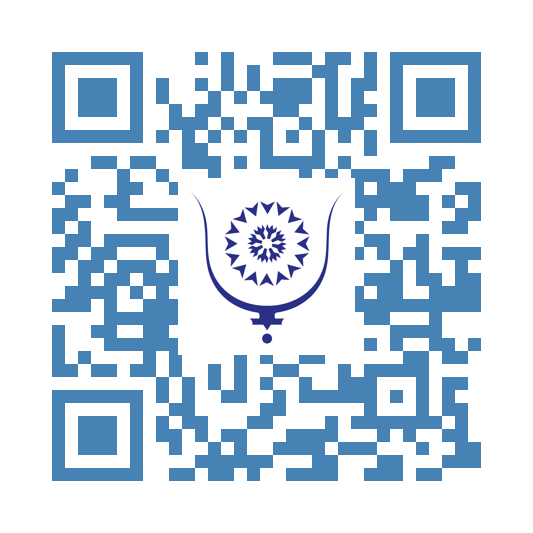Chaleurs extrêmes : l'ONCF et ses passagers face au défi de la climatisation... 769
Le Maroc vient de traverser une vague de chaleur exceptionnelle, à l’image de l’ensemble des pays de la région, y compris ceux situés plus au nord. Alors que les températures dépassaient les 45°C dans plusieurs régions, les usagers des trains ont exprimé une colère vive face aux défaillances des systèmes de climatisation à bord de nombreuses rames de l’Office National des Chemins de Fer (ONCF), notamment sur les lignes conventionnelles reliant les principales villes du Royaume.
Sur les réseaux sociaux, les témoignages d’exaspération se sont multipliés, décrivant des wagons devenus de véritables « fours ambulants ». Pour beaucoup, certains trajets, en particulier la ligne très fréquentée entre Casablanca et Rabat, sont devenus quasi insupportables. Nombreux sont les voyageurs ulcérés, allant jusqu’à qualifier cette situation de manque de respect manifeste envers les usagers.
Cette défaillance concerne principalement les trains classiques, souvent âgés de plus de vingt ans, dont les systèmes de climatisation sont obsolètes et fréquemment hors service. En revanche, la ligne à grande vitesse Al Boraq, qui relie Casablanca à Tanger, est mieux équipée pour affronter ces conditions extrêmes, offrant un contraste saisissant entre modernité et vétusté.
La Direction de la Météorologie Nationale a enregistré des pics historiques : 47,3°C à Marrakech, 46°C à Fès et 45,5°C à Kénitra. Dans ces conditions dans un wagon sans climatisation, la température dépasse largement le seuil du supportable, mettant en danger non seulement le confort, mais aussi la santé des passagers, notamment les plus vulnérables comme les personnes âgées et les enfants.
Dans ce contexte, ce sont souvent les contrôleurs, impuissants, qui subissent la colère et les débordements verbaux des voyageurs frustrés.
Il est important de rappeler que les normes internationales du transport ferroviaire exigent des systèmes de climatisation fonctionnels, surtout en période de fortes chaleurs. Dans plusieurs pays, l’absence prolongée de climatisation peut même entraîner des compensations financières pour les voyageurs. Malheureusement, ce n’est pas encore le cas au Maroc, où aucun texte ne prévoit de dédommagement, ce qui constitue une aberration : le citoyen ne reçoit pas un service à la hauteur de sa dépense, alors que la loi devrait le protéger, surtout en situation de monopole. Et c'est le cas.
Face à la profusion de critiques, l’ONCF reconnaît les difficultés techniques liées aux rames anciennes et annonce des opérations de maintenance. Toutefois, ces explications peinent à convaincre les usagers, qui dénoncent un manque d’investissement structurel dans le renouvellement du parc ferroviaire, malgré une augmentation régulière des tarifs.
La question se pose également de savoir si le problème réside uniquement dans la vétusté des équipements, ou s’il s’agit aussi d’un déficit de compétence des équipes de maintenance, voire d’une forme de négligence. Ailleurs, des trains parfois plus anciens assurent encore un bon service en matière de ventilation et de climatisation.
Il n’est plus acceptable en 2025 de voyager sans climatisation dans un pays où les canicules sont devenues la norme. Un plan d’urgence doit être mis en place, d’autant plus que l’été ne fait que commencer, avec les vacances et les grands déplacements à venir.
L’ONCF communique régulièrement sur ses futures acquisitions de trains modernes, mais y en aura-t-il en circulation dès cet été ? Quoi qu’il en soit, le matériel roulant actuel doit être mieux entretenu pour améliorer le confort des passagers. C’est un droit élémentaire.
Au-delà de l’inconfort évident, cette situation soulève une problématique plus profonde liée au respect des usagers et à la qualité du service public. Dans un contexte où le gouvernement encourage le recours aux transports collectifs pour réduire l’empreinte carbone, le train devrait constituer une alternative fiable et attrayante.
Or, les défaillances récurrentes entachent la crédibilité de l’ONCF, creusant un fossé entre la ligne Al Boraq, vitrine technologique du Maroc, et les lignes classiques, perçues comme vétustes et inconfortables malgré les efforts visibles en termes de confort des sièges et d’organisation dans les gares, notamment les plus récentes.
Face à cette crise, il est impératif que l’ONCF revoie sa stratégie. Si d’importants investissements ont été réalisés pour la grande vitesse, il est urgent d’accorder une attention équivalente aux lignes classiques qui desservent quotidiennement des milliers de Marocains.
En période de canicule, l’absence de climatisation dans les trains ne relève pas d’une simple négligence, mais constitue un enjeu crucial de santé publique et de dignité pour les voyageurs. Un plan d’action clair, incluant un calendrier précis pour la rénovation des rames, une meilleure maintenance des systèmes existants, ainsi qu’une révision des droits des passagers en cas de défaillance, doit être adopté sans délai et rendu public.
Chacun sait que l’ONCF ambitionne de métamorphoser ses services d’ici 2030, mais d’ici là, des millions de Marocains emprunteront le train et ont droit à la dignité et au respect.



